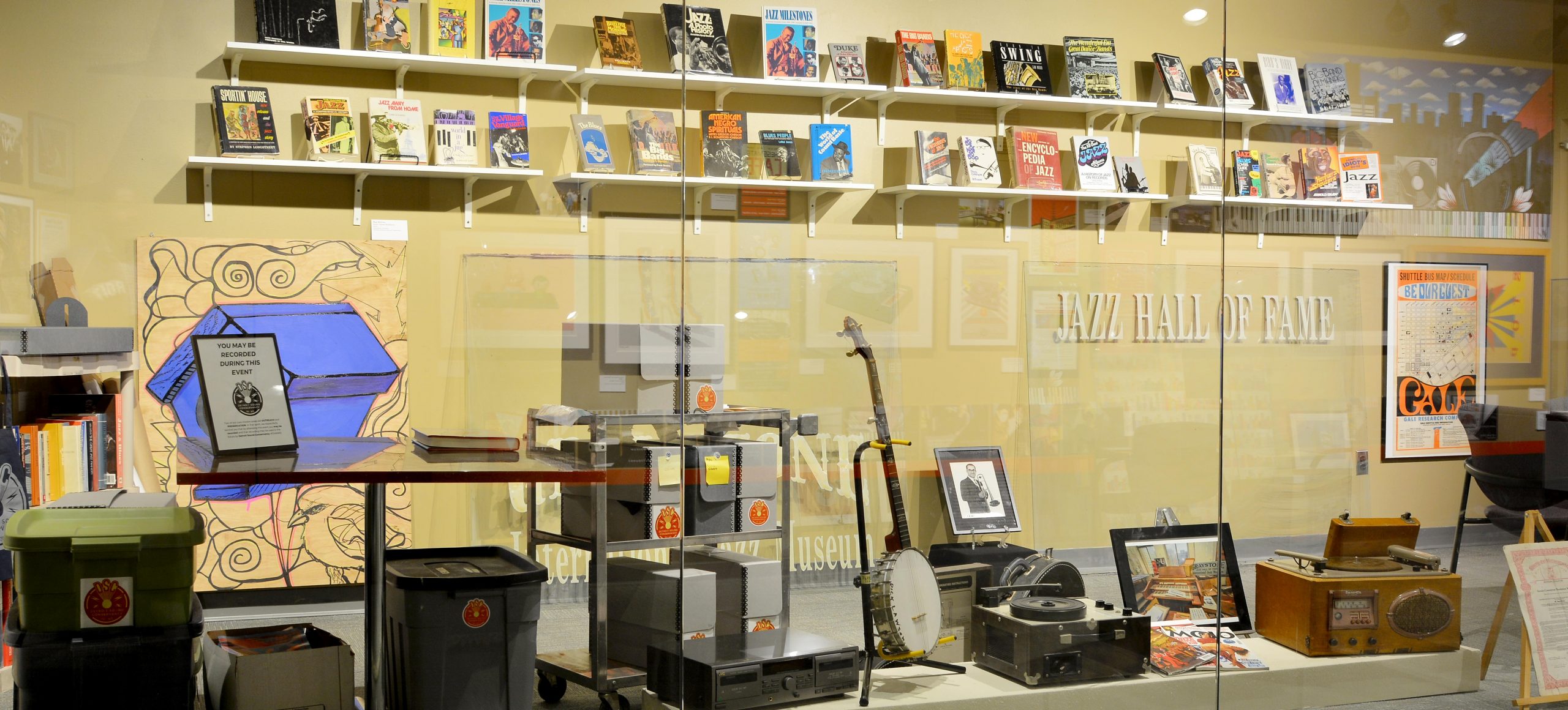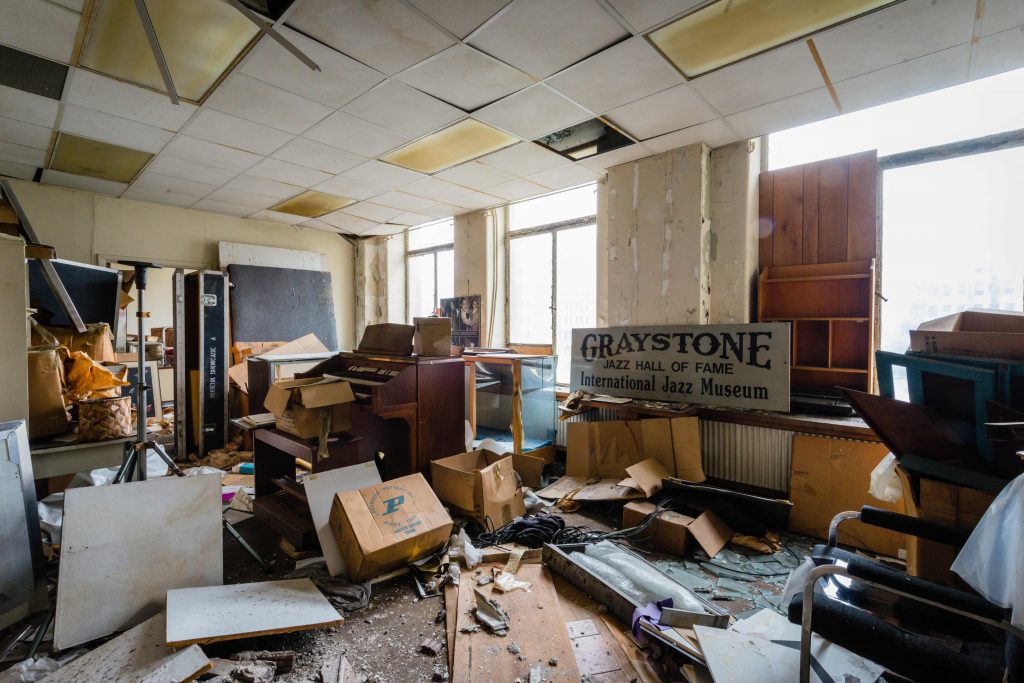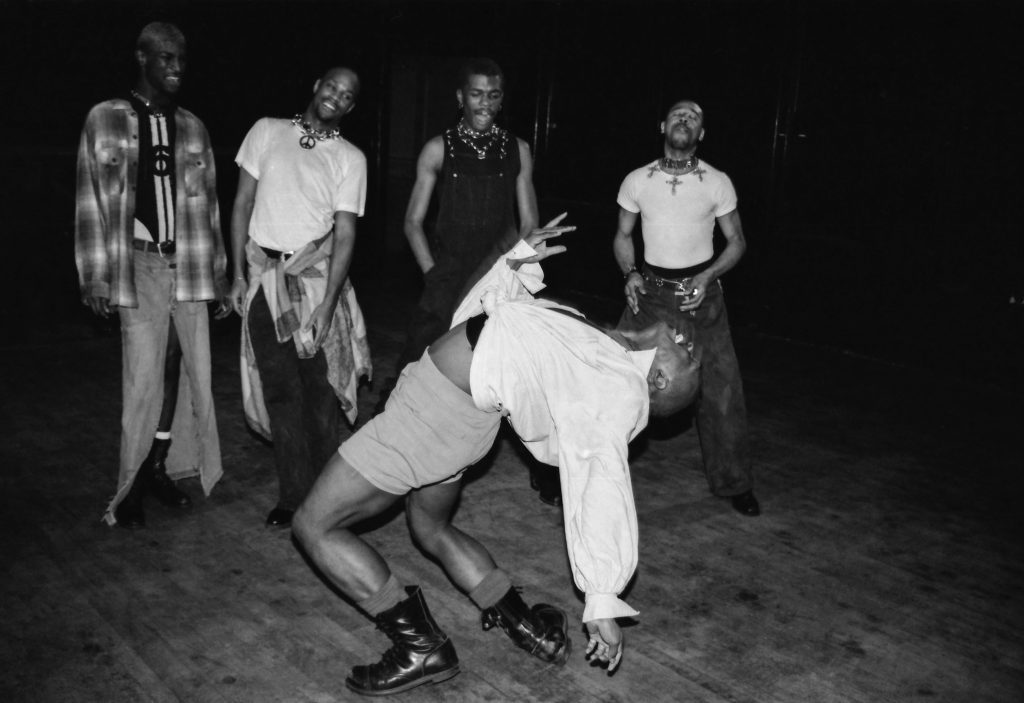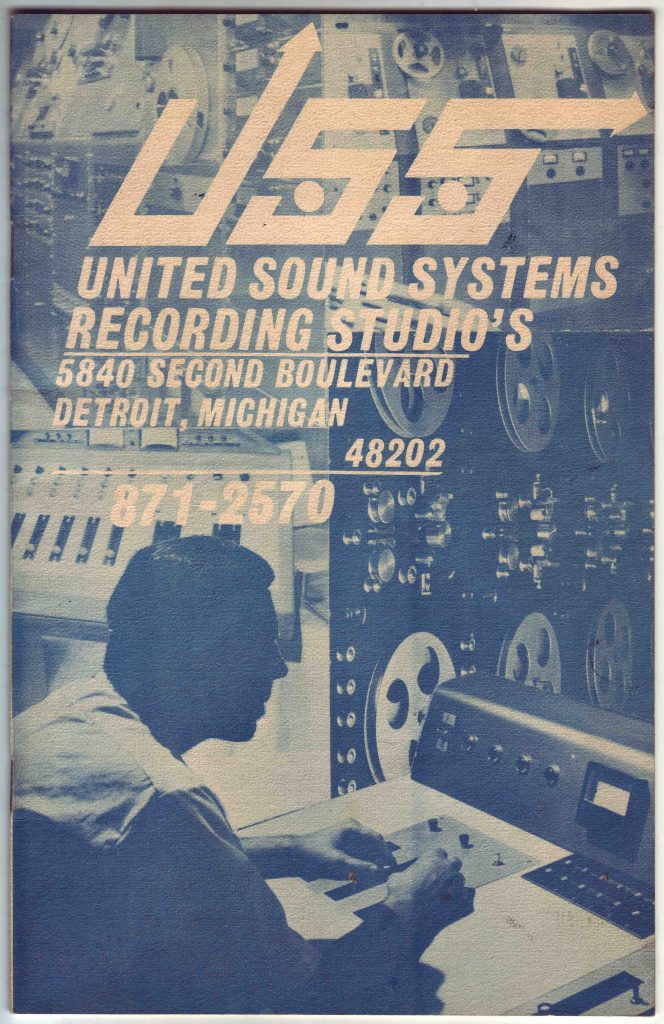Detroit Sound Conservancy has been awarded $100,000 for Community-Based Archives from The Andrew W. Mellon Foundation! The grant will provide two years of funding for our archive to complete physical processing and inventorying, as well as digitization, processing, inventorying and description, of our audio-visual collections.
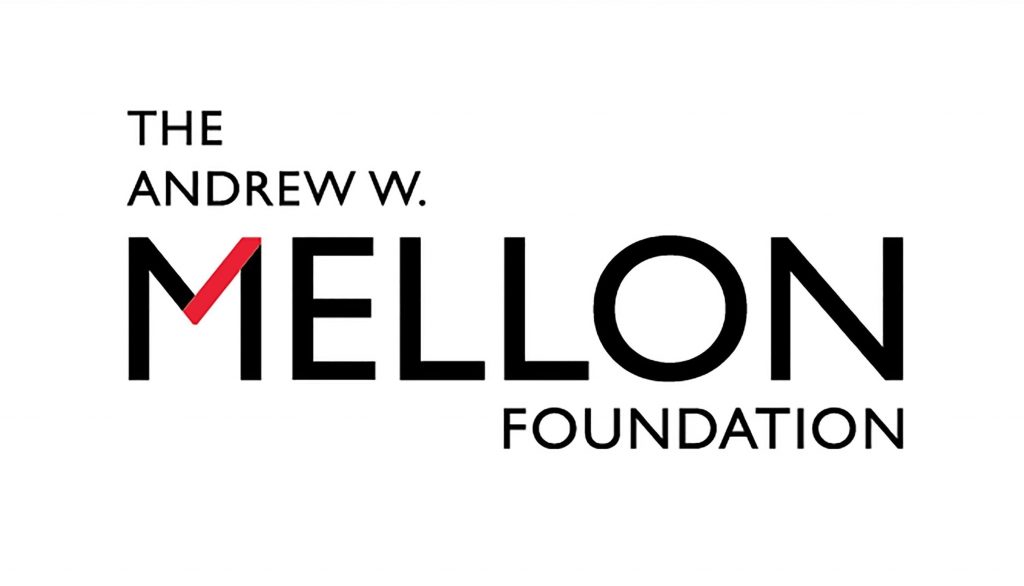
With this grant, we are focusing on three largely hidden audio collections that represent the community-based areas of our mission: the Graystone International Jazz Museum & Hall of Fame, United Sound Systems Recording Studios, and Club Heaven Sound System. Grant funds will be spent to expand staffing, upgrade archival equipment, support occupancy costs and expand programming online and eventually, offline and in-person!
Volunteer to Help with the Archive!
Do you want to become a Detroit Sound Archival Volunteer? As we ramp up collections work, we will need a few more hands and minds to help! We depend on you to activate our collections. We will have opportunities for folks with library/archive experience and those who just want to get involved.
These opportunities will be remote with some safely in-person in Detroit. If you are interested in getting involved, please email info@detroitsound.org for more information.
Fill Out Our Collections
Do you have some materials related to the Graystone, United or Club Heaven? Do you want to help tell the story and solidify Detroit’s musical history? DSC’s archive exists because of generous donations by community who want to see their history cherished and preserved. Please contact info@detroitsound.org if you have records, tapes, cassettes, posters, magazines, books or anything related to Detroit music’s history specifically as it relates to these three collections.
Make a Donation – Support the Sound
Though we are thrilled with this grant, our ongoing sustainable success, programming and renovation of the Blue Bird directly depends on your support. Please consider giving today either as a one time gift or becoming a monthly sustaining donor on our Patreon where you can receive exclusive updates on our work as we preserve Detroit’s music history.
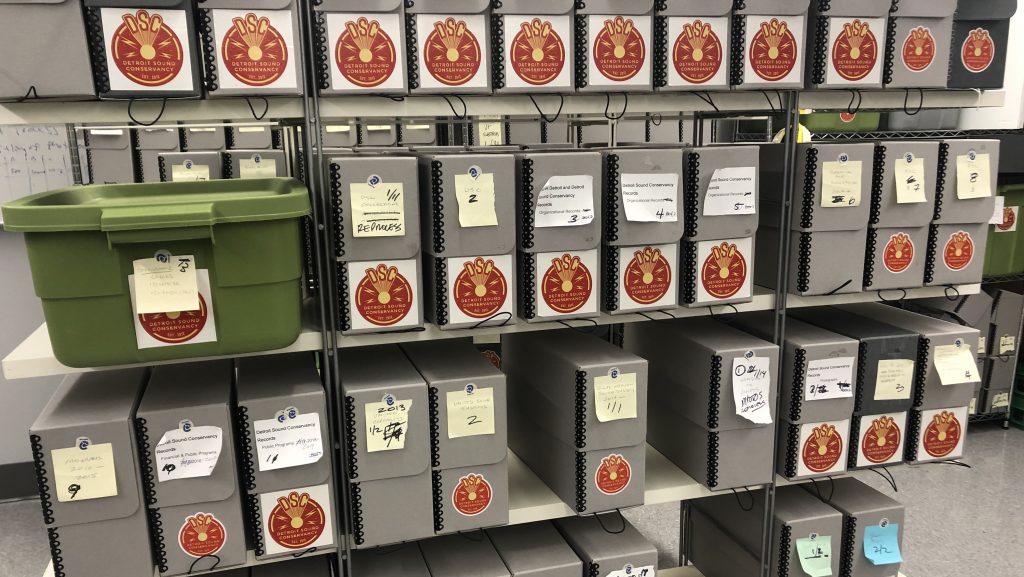
Description of Materials in Collections
The Graystone International Jazz Museum & Hall of Fame Collection was gifted to us in 2015 from the final Board members of a community-based Black music archive. These materials are in temperature-controlled storage and Wayne State University School of Information Science’s Digital Media Projects Lab (or DMPL). Some materials have been exhibited on our website and in our “Salvaging Sound” exhibit last year at the Detroit Historical Museum. Types of materials in this 2000 piece collection include reel-to-reel magnetic tapes, cassette tapes, DATs, and vinyl records including a large proportion of 78 rpm records, as well as various posters, flyers, photographs, and associated visual ephemera.
The United Sound Systems Recording Studios Collection was collected based on our work to preserve a Black-owned historic recording studio from demolition. These materials are currently in temperature-controlled storage. A handful of these items were displayed at our “Salvaging Sound” exhibit. Types of materials from this 200 piece collection include popular pressed 78, 45, and 33 rpm releases made at the studios. The Collection also contains rare acetates (one-of-a-kind records used to evaluate studio sessions) as well as documents and ephemera related to the studio.
The Club Heaven Sound System Collection is made up of materials gathered by our Founder and donated by community partners over the last two decades in his effort to document the legacy of a Black LGBT after-hours club in Detroit. It is now demolished. These materials are housed in temperature-controlled storage and at the DMPL. A handful of recordings and oral histories from this collection have been exhibited on our website. The 1000-piece collection contains oral history interview records, popularly pressed recordings, posters, flyers, and associated ephemera that document not only Club Heaven but the larger ecosystem of contemporary dance culture, a predominantly Black gay scene, going back to the 1960s.
Community Served By Our Archive
Detroit Sound Conservancy is a community-based archive that tells Detroit’s story through the experiences of its musical people.
Our collections have been gathered, collected, and shared by Detroiters who have been actively involved in the documentation of our collective histories for decades. These Detroiters are represented by our majority Black Board of Directors which is made up of griots — community storytellers — responsible for documenting musical experiences that have till now been largely hidden and repressed. These griots, along with our community of advisers, archival partners, and neighborhood stakeholders, have grounded our archival work in, and with, community since our inception.
Three specific marginalized communities we represent and serve are Detroit’s Black jazz community, its largely forgotten Black rhythm & blues community, and its Black LGBT dance community.
The Black jazz community is represented by our work with the community-based Graystone Jazz Museum which dissolved due to lack of resources and support fifteen years ago and that we salvaged in 2015. This legacy — along with the jazz legacy of our future home, the Blue Bird Inn — became threatened through long term racist disinvestment in Black neighborhoods and culture.
The Black rhythm & blues legacy is represented by our efforts to salvage the legacy of United Sound Systems. The studio was the site of numerous historic recordings, including the first recordings for Motown and the 1980s records of Aretha Franklin, but its legacy has gone largely been forgotten by a racist highway expansion project. The Studio’s last Black owner was bought out in 2019 by the Michigan Department of Transportation.
Finally, the Black LGBT dance community is represented by our efforts to tell the largely repressed history of the DJs, performers, club owners, and dancer-fans without which Detroit techno as a genre would have never emerged as a globally important popular music.

